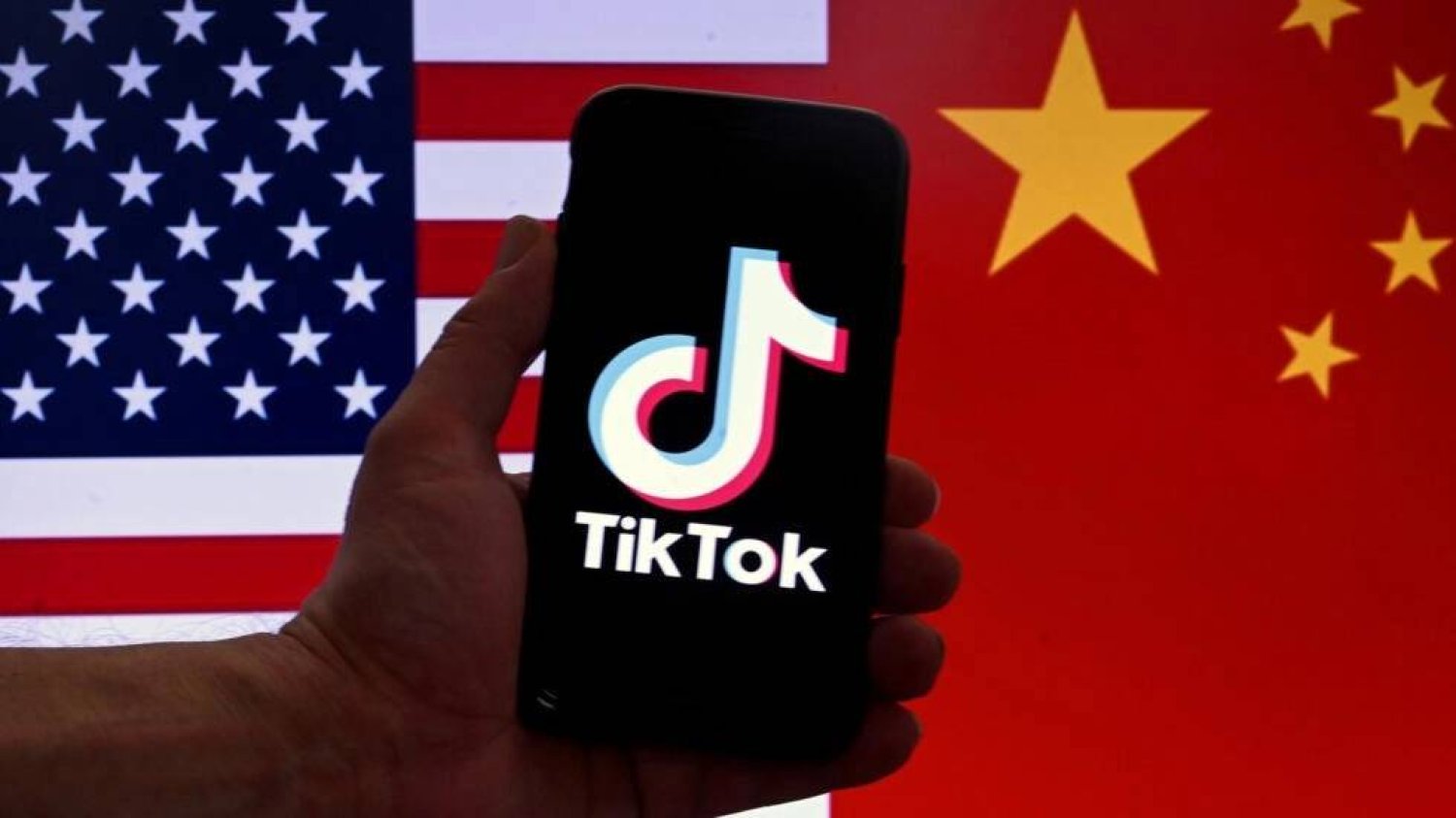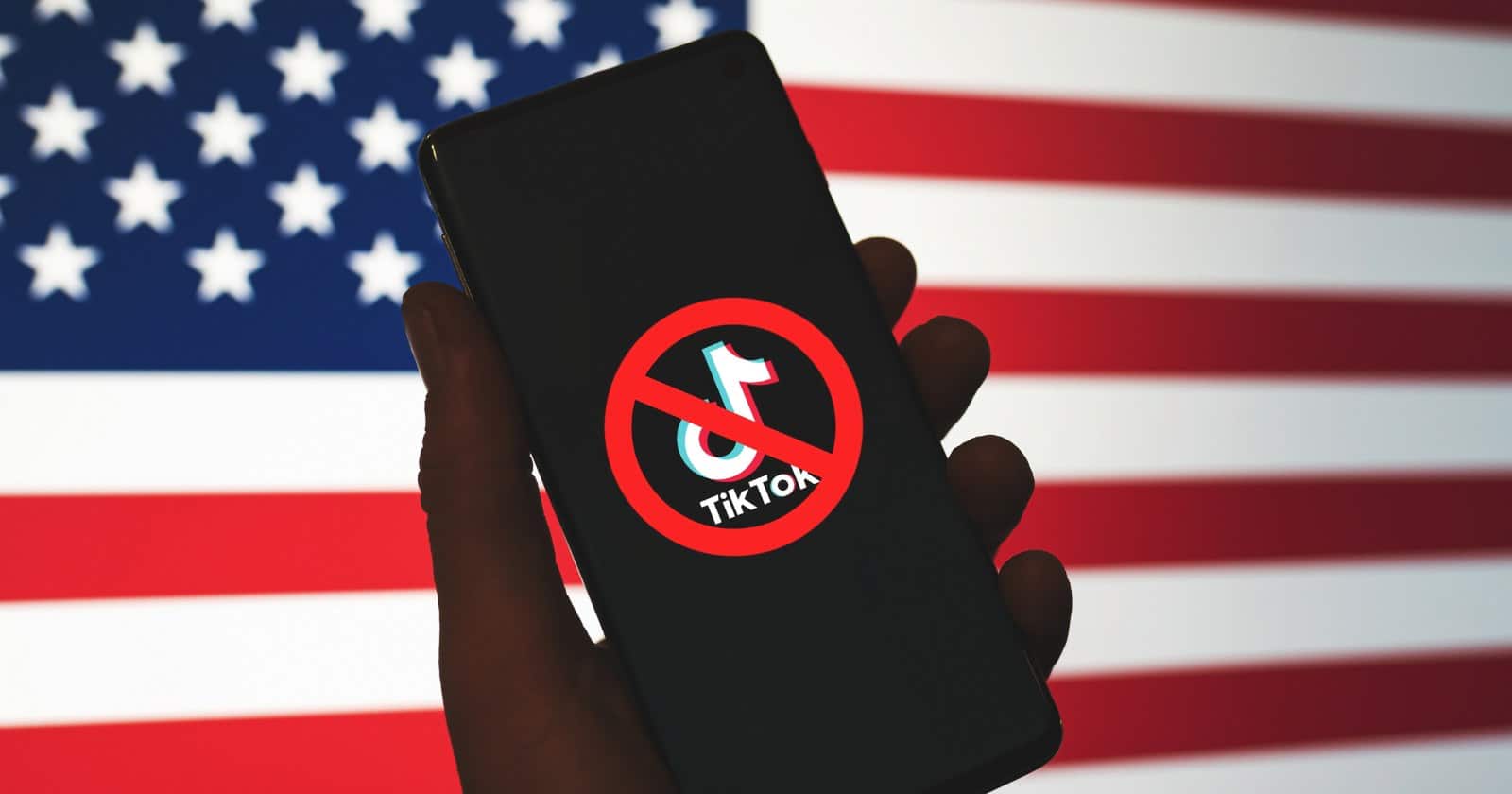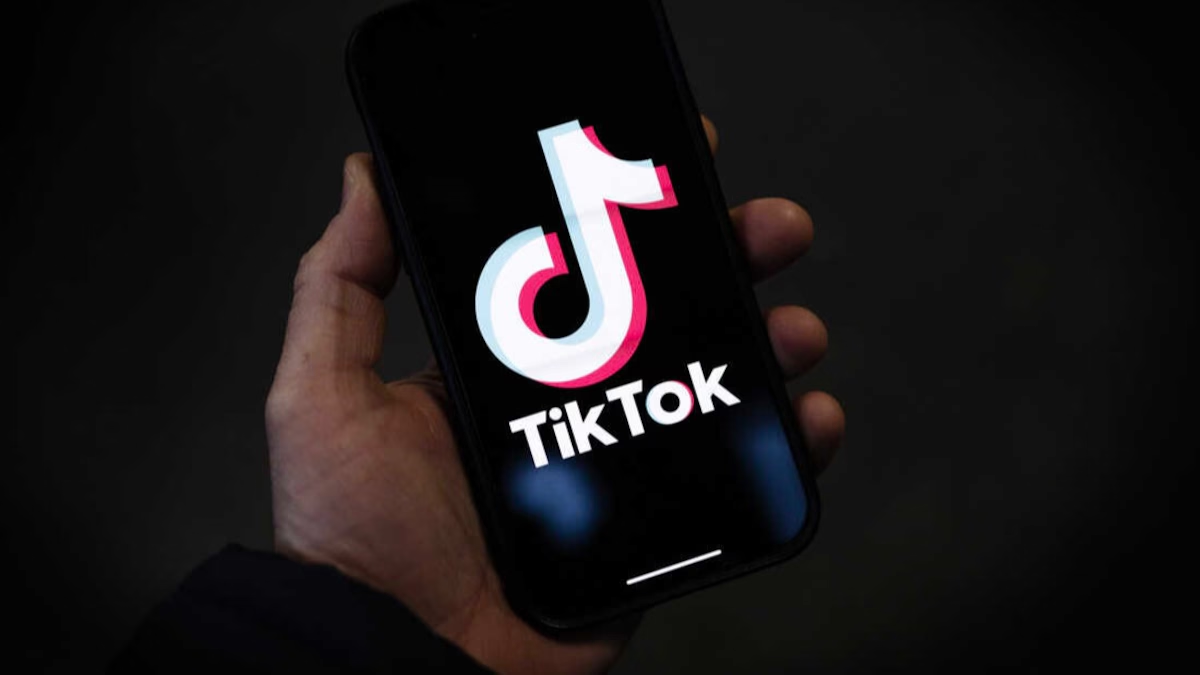In the evolving landscape of global tech, the situation surrounding TikTok’s operations in the United States is reaching a critical juncture. ByteDance, the Chinese parent company of TikTok, faces potential legislative action that could ban the app from U.S. app stores. Amid this uncertainty, the company’s preference is clear: ByteDance would rather shut down TikTok in the U.S. than divest it, if pushed to the brink legally.

The Core Issue: Algorithms at Heart
ByteDance’s decision is heavily influenced by the foundational technology that drives TikTok—the algorithms. These algorithms are not just integral to TikTok but are a cornerstone of ByteDance’s entire operation. “The algorithms relies on for its operations are deemed core to ByteDance’s overall operations,” noted sources close to the matter. This makes the prospect of a sale, which would include these algorithms, highly unlikely.
The crux of the matter lies in the unique value these algorithms represent. They are described by insiders as superior to those of rivals like Tencent and Xiaohongshu, making them a “secret sauce” that ByteDance is loath to part with. Given that these algorithms are tightly integrated and registered under ByteDance in China, separating them from the company U.S. assets would not only be challenging but is considered nearly impossible by the company.
the US being able to just BAN tiktok because they can’t control it is scary asf like omfg why do i have to be from this fucking place pic.twitter.com/cwGtgAA6V9
— JOAN OF ART 🏇🏿 (@umcornell) April 24, 2024
TikTok’s Impact on ByteDance’s Business
Despite TikTok’s massive popularity, it represents a relatively minor fraction of ByteDance’s revenue and daily active users globally. According to insiders, TikTok accounted for about 25% of ByteDance’s overall revenues last year. Yet, a shutdown in the U.S. is seen as having a limited impact on ByteDance’s broader business.
This perspective underscores the strategic calculus ByteDance is making: safeguarding core intellectual property outweighs the financial benefits of continuing operations in the U.S. under enforced sale conditions.

The Legal and Political Landscape
The backdrop to this corporate drama is a bill signed into law by President Joe Biden, driven by concerns among U.S. lawmakers over potential Chinese access to American data through the Company. This legislation sets a definitive timeline for ByteDance to divest TikTok’s U.S. operations, adding pressure to an already tense situation.
TikTok’s CEO, Shou Zi Chew, remains optimistic about overturning the ban through legal challenges. However, the legislative and executive branches of the U.S. government have shown a united front on the issue, reflecting broader geopolitical tensions between the U.S. and China over technology and data security.

The Global Context and the Road Ahead
This situation does not exist in a vacuum. The debate over TikTok mirrors larger global concerns about data privacy, technology exports, and national security. The outcome of ByteDance’s standoff in the U.S. could set precedents for how tech companies operate across borders in an increasingly digital and interconnected world.
As ByteDance navigates these choppy waters, the tech world watches closely. The decisions made in the coming months could redefine the landscape of social media, data privacy, and international tech commerce for years to come. What is clear is that ByteDance is not ready to compromise on its core innovations, even if it means exiting one of the world’s largest markets.










